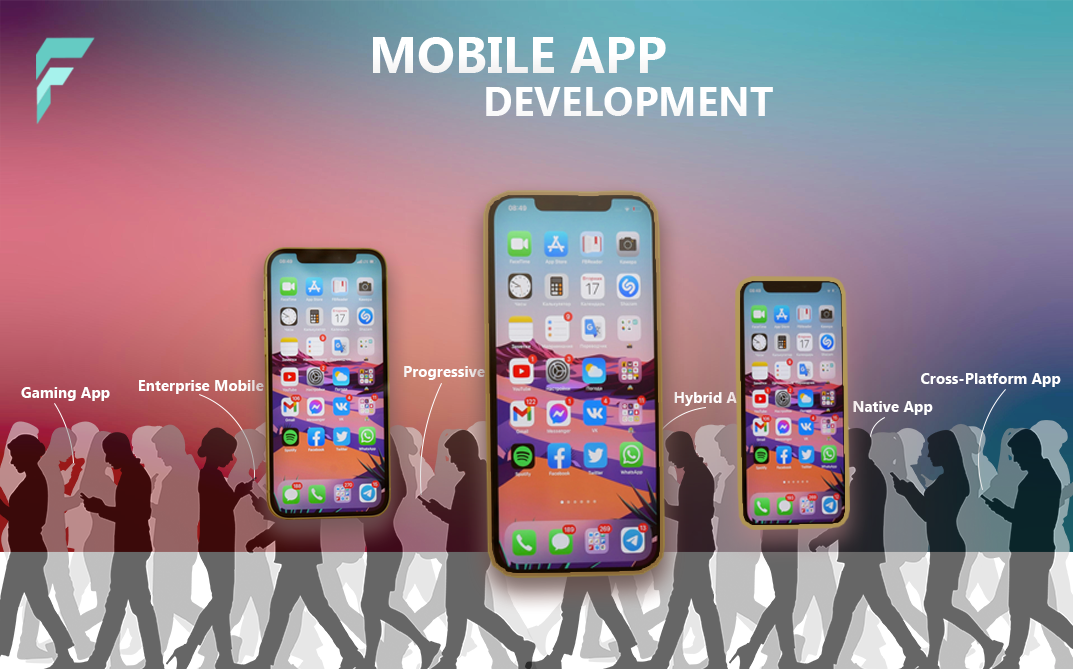Cross-Platform Mobile App Development
Explore cross-platform mobile app development—discover benefits, top frameworks, future trends, and a comparison with native apps.
Explore cross-platform mobile app development—discover benefits, top frameworks, future trends, and a comparison with native apps.
Cross-Platform Mobile App development enables the creation of apps that run seamlessly on multiple operating systems using a single codebase, eliminating the need for separate apps for each platform
In the modern digital landscape, businesses require mobile applications that work seamlessly across multiple platforms. Cross-Platform Mobile App development allows organizations to create applications that run on various operating systems without needing separate codebases for each platform. This approach reduces development time, lowers costs, and ensures a consistent user experience. As technology evolves, businesses must understand the advantages, frameworks, and future trends shaping cross-platform development.

Cross-Platform Mobile App development refers to creating applications that function across multiple operating systems, such as Android and iOS, using a single codebase. Unlike native development, which requires separate coding for each platform, cross-platform development streamlines the process by utilizing shared logic and UI components.
Cross-platform development offers various advantages for businesses and developers:
Businesses often debate between native and cross-platform development based on factors like performance, cost, and scalability. Here’s a comparison:
| Aspect | Native Development | Cross-Platform Development |
|---|---|---|
| Performance | Optimized for each platform; faster execution. | Slightly lower performance due to abstraction layers. |
| Development Cost | Higher due to separate codebases for each platform. | Lower as a single codebase is used for multiple platforms. |
| Time to Market | Longer as separate applications must be built. | Faster since development occurs simultaneously. |
| User Experience | Better as it follows platform-specific UI guidelines. | Consistent across platforms but may lack platform-specific optimizations. |
| Maintenance | Complex, as updates must be made separately for each platform. | Simple, as updates apply to all platforms simultaneously. |
Several frameworks facilitate cross-platform app development by providing tools and pre-built components to streamline coding and deployment. These frameworks allow developers to write a single codebase and deploy it across multiple platforms.
Choosing the right development approach depends on business goals, target audience, and technical requirements. Follow these steps to select the best method:
Cross-platform development is evolving with new technologies and methodologies that enhance app performance and user experience. Key trends include:
Despite its advantages, cross-platform development comes with challenges:

Choose F12 Technologies for industry-leading mobile app solutions designed to boost engagement, efficiency, and growth for your business.
We tailor our services to meet your specific requirements, ensuring innovative and impactful solutions that help you achieve your goals.
Contact Us